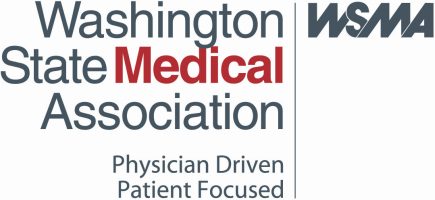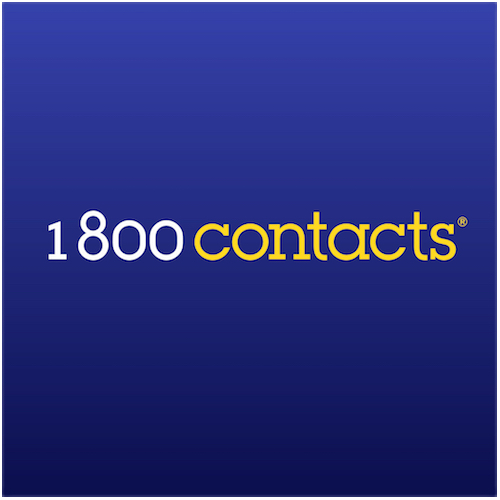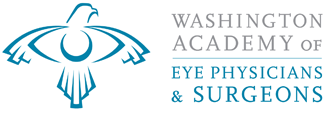Letter from Medical Professionals and Telemedicine Providers to WA State Legislature
 |
 |
 |
 |
 |
 |
Our organizations and companies request that you oppose SB 5759 & HB 2003, which will effectively ban certain online technologies and services used by consumers to refill eyeglass and contact lens prescriptions. The bills restrict physicians’ ability to choose what health care tools and resources are best to meet their individual patient’s needs.
Online vision testing services have been used in Washington State, and across the nation, for three years. Like other telemedicine tools, these services are currently allowed underthe state’s telemedicine statute and the physicians using these products to provide care to patients are regulated by the Washington Medical Commission. These bills create additional and unnecessary regulations, some of which are unachievable, to effectively ban this narrow practice of telemedicine—ocular telemedicine and online vision testing.
The proponents of these bills allege that any consumer could use online technologies and services to obtain a new eyeglass or contact lens prescription, and that online services do not involve appropriate medical review. These claims are incorrect. Online technologies accessed by consumers to refill eyeglass and contact lens prescription are used as follows:
• Online services do not replace, and do not purport to be, comprehensive eye exams. In fact, the online technologies include a notice to consumers regarding the need to obtain comprehensive eye exams based guidelines from American Academy of Ophthalmology (AAO) guidelines, and referring consumers to local providers.
• Online services are used only to test vision and refill existing prescriptions, they cannot be used to diagnose for a first-time contact lens or eyeglass prescription or follow-up fitting;
• Only consumers meeting specific criteria can use online technologies, including being between the ages of 18 and 55, with no history of eye problems or diseases like diabetes that can be detected through in-person care;
• The consumer must have a comprehensive eye exam within the time period consistent with recommendations by the AAO. For example, for persons under 40 years old, the AAO recommends a comprehensive eye exam every 5 to 10 years, not annually;
• Consumer information transmitted through the online technology is reviewed by an Ophthalmologist or Optometrist licensed in Washington State before a prescription renewal is approved. Providers are held to the same standard of care as would be provided in-person and must comply with all regulations issued by their appropriate Washington State regulatory body;
• About 1/3 of consumers seeking to use online vision testing technologies are determined to be ineligible, and when this occurs, the consumer is provided information about how to receive in-person eye care from local providers;
Health care technologies increase competition, and businesses should adapt, not prohibit innovation that improves access to care while saving time and money – particularly consumers in rural and underserved areas. Hundreds of thousands of consumers have used online eye care services – without any known consumer complaint, medical malpractice claim or adverse event.
Online vision testing technologies allow consumers to refill eye care prescriptions 24 hours a day, 365 days a year, without unnecessary appointments, and time lost from work, family, or recreation. When refills are more convenient and affordable, consumers are less likely to stretch prescriptions for longer periods of time – which can jeopardize eye health and lead to vision loss in the long-term.
Washington State has sought to be a leader in telemedicine, and online vision care is now used by both consumers and health care providers throughout the country to increase access to and affordability of eye care. The Federal Trade Commission provided a comment letter on 2018 Washington State legislation on this subject, stating the following:
“By requiring an in-person, comprehensive eye examination for all corrective lens prescriptions, the bill would restrict the use of innovative telehealth eye care technologies, and also could require examinations that are more extensive and costly than necessary.”
Our groups and organizations are happy to meet with you individually to discuss this issue, and can also assist you with technology demonstrations so you can see firsthand how these technologies work. In addition, please see the following informational videos on this subject.
Dr. Darius Moshfeghi, M.D., Stanford Medical School; Linda Sherry, Consumer Action
https://americansforvisioncareinnovation.org/from-our-members/consumer-actions- ocular-innovation-video/
John Stossel Report, “Eye Test Innovators vs. Bottleneckers”
https://americansforvisioncareinnovation.org/articles/reason-eye-test-innovators-vs- bottleneckers-video/
